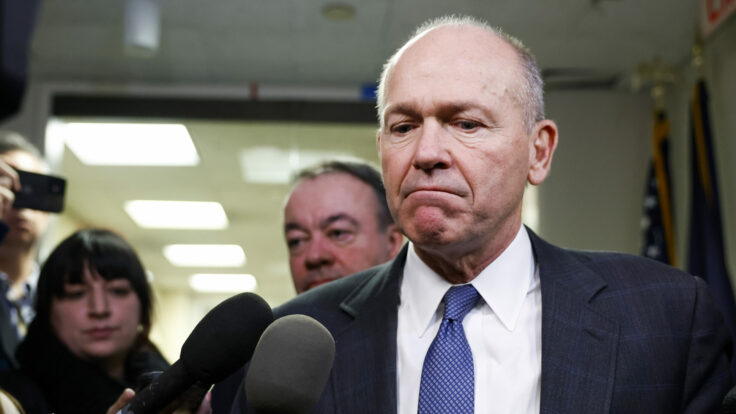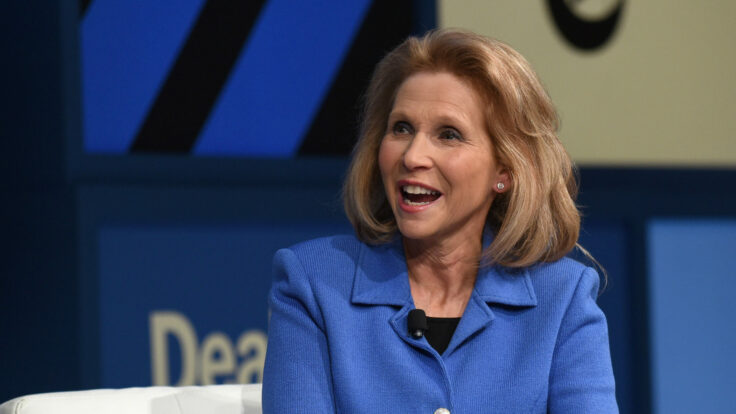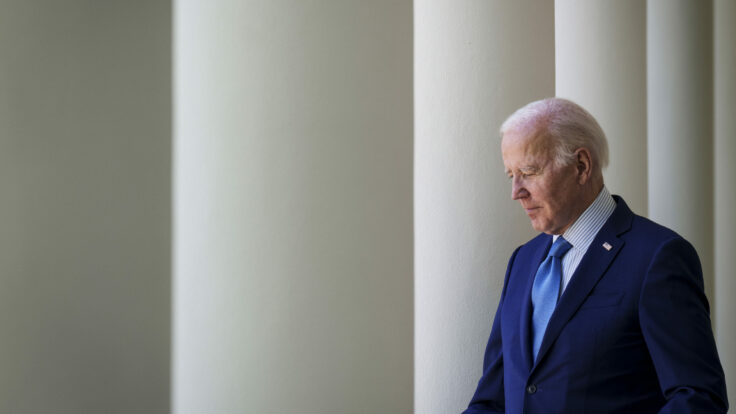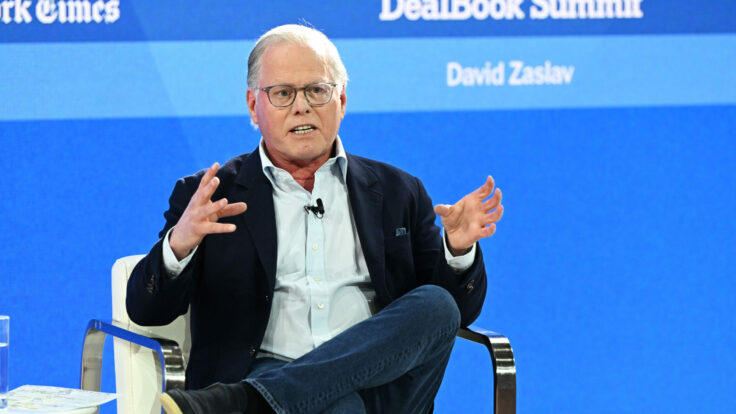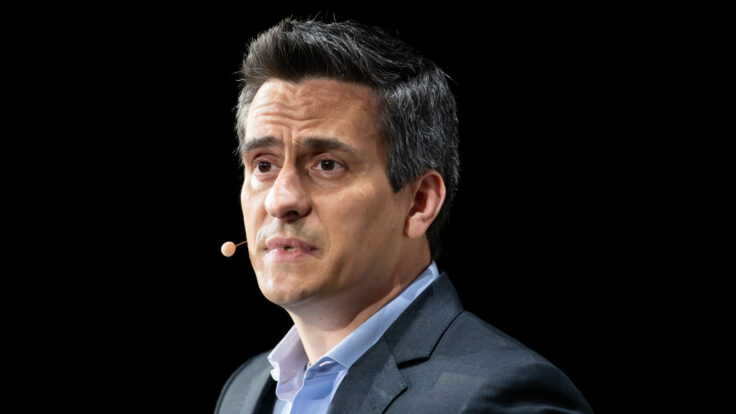By now, of course, most of you are likely well aware of the latest media headache to hit Goldman Sachs, in the form of twin articles last Friday in the Times and New York magazine—the latest entrants in the oeuvre about David Solomon’s precarious position atop the firm. The Times article was mostly a rehash of the slings and arrows that Solomon has faced for months now—sniping about his abrasive personality, the DJ-ing, the private jet trips, the stumbles in consumer banking, the rough second quarter, etcetera. Except for the story’s lede: that was new and revelatory.
According to the Times’ Rob Copeland, Solomon’s predecessor, Lloyd Blankfein, was so upset by his tenure that he called the Goldman C.E.O., in June, to complain—pissed off that his Goldman stock had allegedly lost $50 million in value and offering to return to Goldman to help, in an almost Igerian twist. Blankfein’s call to Solomon appeared to be an escalation from the Journal’s report, in June, that Blankfein had “groused” about Solomon in February at a Goldman confab in Miami.









